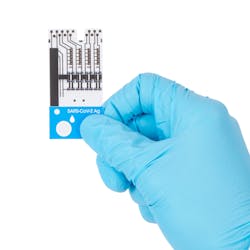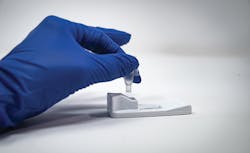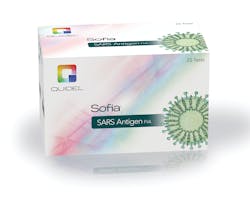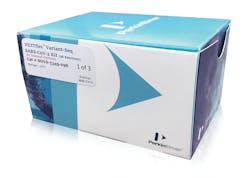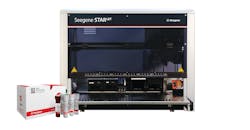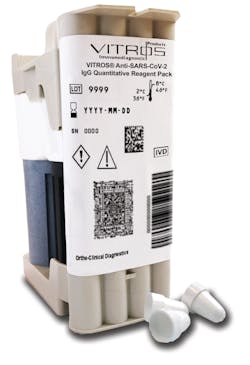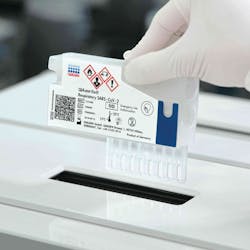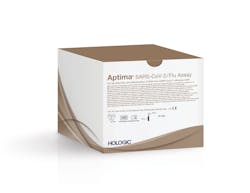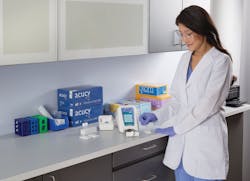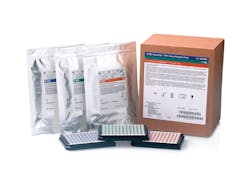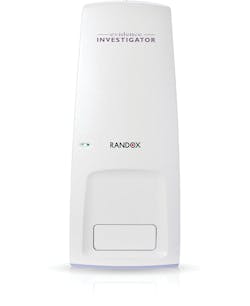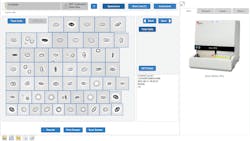Assays are at the core of any clinical laboratory operation. Indeed, more than 7 billion lab tests are performed in the United States each year, according to the American Clinical Laboratory Association.1
In 2019, Medicare alone spent $7.68 billion on lab tests, ranging from HbA1c assays to genetic tests associated with various types of cancer. When measured by total spending, the most common tests among Medicare beneficiaries are blood tests, including those measuring a comprehensive group of blood chemicals; lipids, thyroid stimulating hormone, and a complete blood cell count.2
But a conversation about lab testing is not complete without mentioning SARS-CoV-2. Since the beginning of the COVID-19 pandemic in 2020, U.S. clinical labs have performed more than 673.5 million tests to detect the virus, the Centers for Disease Control and Prevention (CDC) reported.3
Medical Laboratory Observer features a small sampling of assays in this issue.
SARS-CoV-2 or flu assays
Microfluidic immunofluorescence assay
Rapid flu test
Lateral flow antigen test
The Sofia 2 SARS Antigen FIA is a lateral-flow test, read by Quidel’s Sofia 2 Fluorescent Immunoassay Analyzer, for rapid detection of SARS-CoV-2 from anterior nares specimens. It delivers accurate, objective, automated results in 15 minutes. Workflows include a walk-away mode for individual tests and read-now mode for batch processing. Quidel
SARS-CoV-2 variant detection
PCR assays
IgG antibody test
Respiratory panel
The QIAstat-Dx Respiratory SARS-CoV-2 Panel, which runs on the QIAstat-DxAnalyzer, uses real-time PCR to detect 21 respiratory pathogens in about an hour. The QIAstat-Dx Analyzer and cartridges are designed as a closed system that contains all necessary reagents, ensuring a fast and easy workflow. Qiagen
SARS-CoV-2 and flu combo test
Point-of-care test
Miscellaneous assays
HPV assay
Alzheimer’s disease assay
The Randox apolipoprotein E4 (ApoE4) assay saves laboratories time and money by eliminating the requirement for genetic ApoE4 testing. The direct determination of ApoE4 status from a plasma sample can be applied to determine Alzheimer’s disease in basic clinical research, as well as in personalized medicine. The test runs on the Evidence Investigator analyzer. Randox

